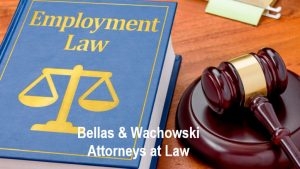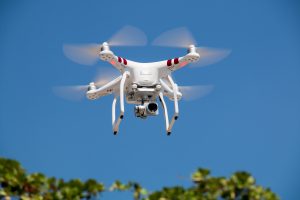Is a person who works for your business financially dependent on you, or can they potentially independently profit based on their skill set? Will they be part of your company indefinitely? Do they perform a central, daily, integral role? Do you dictate when, where and how they work? Do you limit their ability to work for others? Can the person apply what they do to other endeavors, widening their market reach and leading to other revenue streams?
Small businesses and other employers will need ask themselves this set of questions and consider the “totality of the circumstances” in determining whether to classify people who work for them as employees or independent contractors, in a rule change published by the U.S. Department of Labor’s Wage and Hour Division on January 10, set to take effect March 11.
 Chicago Business Attorney Blog
Chicago Business Attorney Blog










